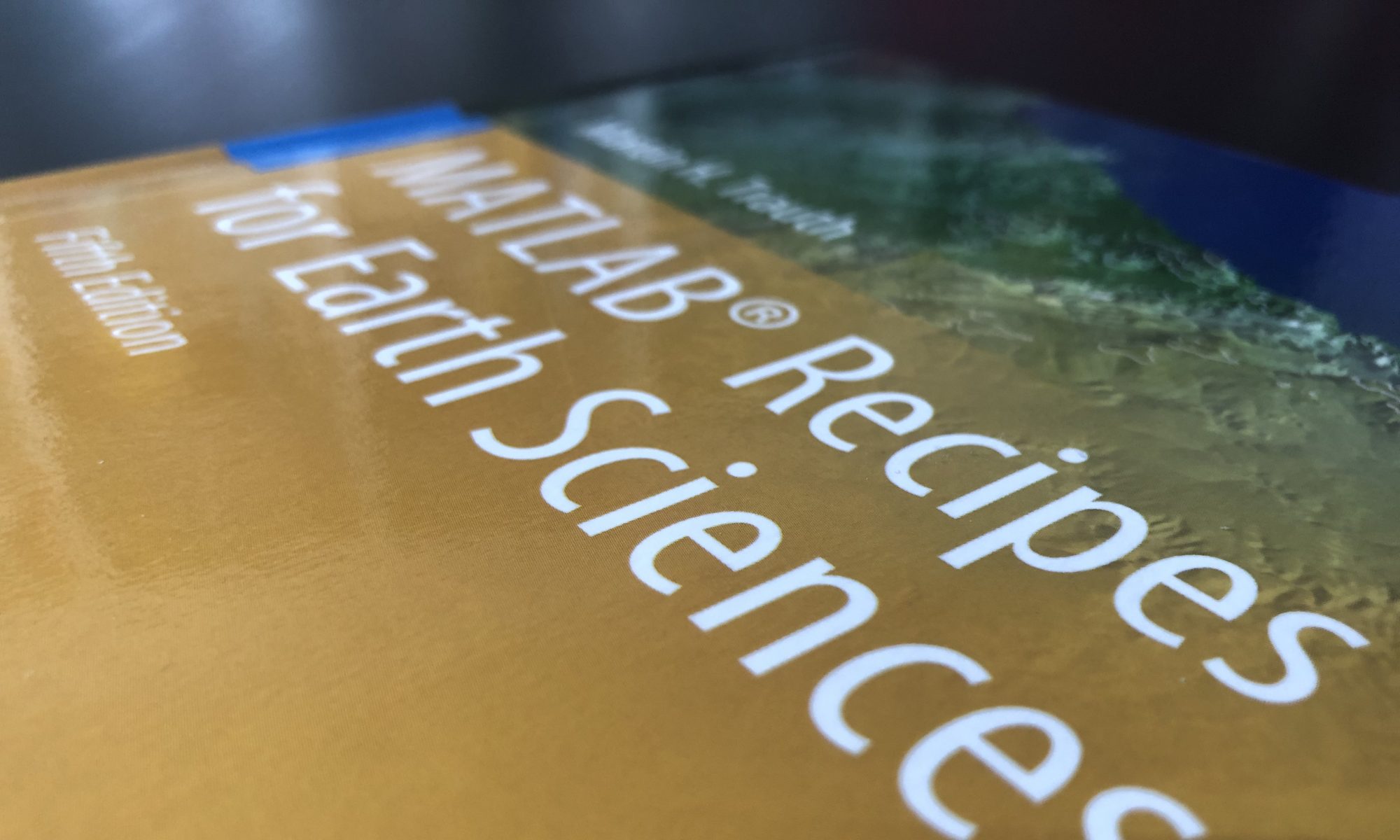Since 2018, the University of Potsdam has unlimited campus-wide access to MathWorks technology for all university members, which combines professional tools for data analysis with a development environment for software and a higher-level programming language. In addition to using MATLAB, this access also allows to use Simulink, a block diagram environment for model-based design. Students and employees of the University of Potsdam and interested guests are therefore invited to participate in the “Introduction to Graphical Programming with Simulink” workshop, which is offered under the University of Potsdam’s MathWorks Campus license (9 April 2021, 2 to 5 pm, online course, in English language).
In this free hands-on workshop we will
- learn the basics of graphical programming with Simulink
- derive a simple model to read, filter and analyze time series data
- apply Simulink to detect simple objects in images
- implement a hydrological model in Simulink
The course is offered online and in English language by MATLAB experts Dr.-Ing. Stefan Kerber and Dr.-Ing. Sebastian Groß together with geoscientist apl. Prof. Dr. Martin H. Trauth. No prior knowledge is required; however, it is recommended to use the two free online tutorials Simulink Onramp and MATLAB Onramp for preparation. No installation of MATLAB is necessary; access to MATLAB Online will be offered during the workshop. All you need is a MathWorks account. Register for the online course via the link:
Introduction to Graphical Programming with Simulink
9 April 2021, 2 to 5 pm, online course, in English language.
About the Presenters
Dr.-Ing. Stefan Kerber is in the Academia Group at MathWorks in Munich/Germany. He partners with Universities in eastern Germany to accelerate their discovery and learning. Stefan holds a doctoral degree in Electrical Engineering from Technical University of Munich. During his career he has used MATLAB in various ways to setup experiments on sound reproduction and study human hearing for normal and hearing-impaired listeners.
Dr.-Ing. Sebastian Groß has been a member of the Academia Group at MathWorks Munich (Germany) for seven years. He leads the team engaging with universities in Germany and Austria. Before joining MathWorks, Sebastian pursued a doctorate in biomedical image processing and computer vision at RWTH Aachen University where he used MATLAB, image processing and machine learning techniques to identify malignant, cancerous polyp tissue during endoscopic procedures.
apl. Prof. Dr. Martin H. Trauth is a geoscientist, titular professor of paleoclimate dynamics at the University of Potsdam. He has been using MATLAB since late 1992, especially for the analysis of paleoclimatic series. He is author of three MATLAB-based textbooks. Please visit his university webpage http://martinhtrauth.de.

